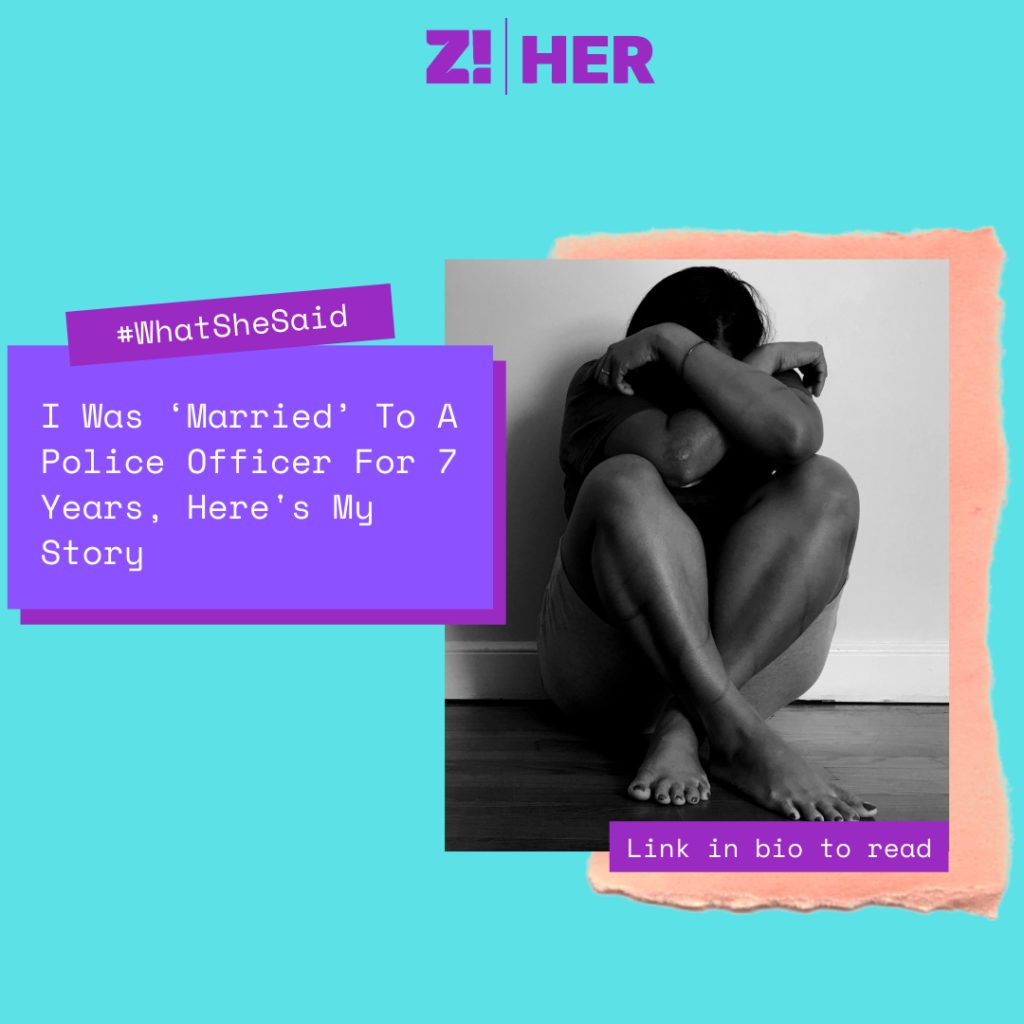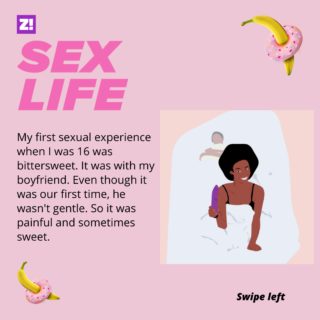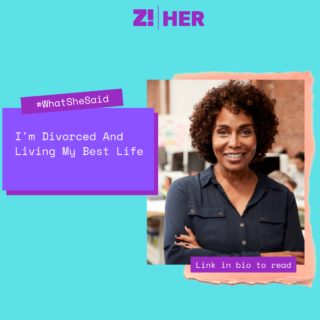For this week’s What She Said, I had initially spoken to women who are survivors of SARS and police brutality, because that’s an important story. But when I had the opportunity to interview the subject of this story, I asked myself one question: if police officers and SARS oppress Nigerian citizens especially the young people who they are supposed to protect, what are they like in their homes and to their families?
The woman in today’s story talks about being taken away from her family to “marry” a police officer. They never got married, but they cohabited for years during which she had to endure several forms of abuse until she managed to escape.

What was it like growing up?
I was the only girl after four boys. From a young age, I was told I had to clean, cook and take care of my brothers. I was still writing WAEC when some relatives from Lagos came to visit my family and somehow, I ended up in Lagos with them. My stay with them was short because they took me away to the man I was to marry.
Did you know they were going to marry you off?
Not really. I was under the impression that I was coming to further my studies. I had heard stories about people leaving home to come to Lagos to get jobs or further their education, so I was hopeful, as well as scared. I didn’t think of marriage at all.
So you started living with him immediately?
Yes. They said he would take care of my education. They told me he was a good man, a good Christian, with a good job in the Nigerian police force. They told me he would marry me too, but we never got married. I was “saving myself” for marriage and I told him this, but it didn’t move him. I now understand what he did was rape. I wasn’t ready and I didn’t know him, so I begged him. He didn’t listen. The way I saw my future, it was with a man I loved and was interested in, someone in my age grade. This man was 15, if not 20 years older. I never knew his real age.
I’m sorry you had to experience this.
I had to make my mind get used to it. It is a very painful memory, but that’s not the worst part. There are plenty worst parts to the story — like someone coming to tell me that my “husband” had raped their child, or him never giving me money to cook but expecting food to be available. I grew very lean in my first year there because I’d have to starve or beg neighbours for food. If I brought up trying to get a job, he turned it down. He said I had no skills.
Wow. How much of his work did you know about?
Not much other than the fact that he used to complain about the money. People used to hail me in church, congratulate me for being the wife of a police and for having a good husband.
If only they knew. Did you tell anyone about the things he did?
I was too ashamed to. And I didn’t know how to. I didn’t even know what to call it or that there were organisations that helped women get out of situations like that. I was young.
True.
My husband was on night duty a lot or maybe he was just out at night. One time, he came back home with some of his colleagues. They were drunk and not wearing their uniform. He told them they were free to do as they wanted with me. There was another time he threatened to kill me because I didn’t have food in the house. Sometimes he’d just shout at me for no reason, like I was a small child he was scolding. He once pointed his gun at me. I thought, what really makes a man this evil? Because I didn’t understand it.
I’m sorry. Have you heard about the #EndSARS protest?
I have heard. I support it because even I am a victim, my brother’s children are victims. But I am sad about one thing: it must not stop there. If they get fired from their jobs, they’ll take it out on their wives and children. I have heard plenty of stories. If anything about their jobs change, they’ll take it out on their family. Some of them. It’s scary.
That’s true. How did you leave?
I took a good look at myself — a young woman with a bright future. It felt like I was doing myself by being there. I needed help. I told you I have brothers. They were the ones that helped me. When they saw me, they couldn’t recognise me. It wasn’t easy to leave, but because he had never paid a bride price or brought his family to see my family, I was lucky. He threatened my family. I was even afraid he’d carry out the threats, but nothing happened. Time has passed. And that’s the only reason I can share this story.
If you’d like to share your experience with the Nigerian police or as a woman in Nigeria generally, email me! Read more What She Said stories here.




